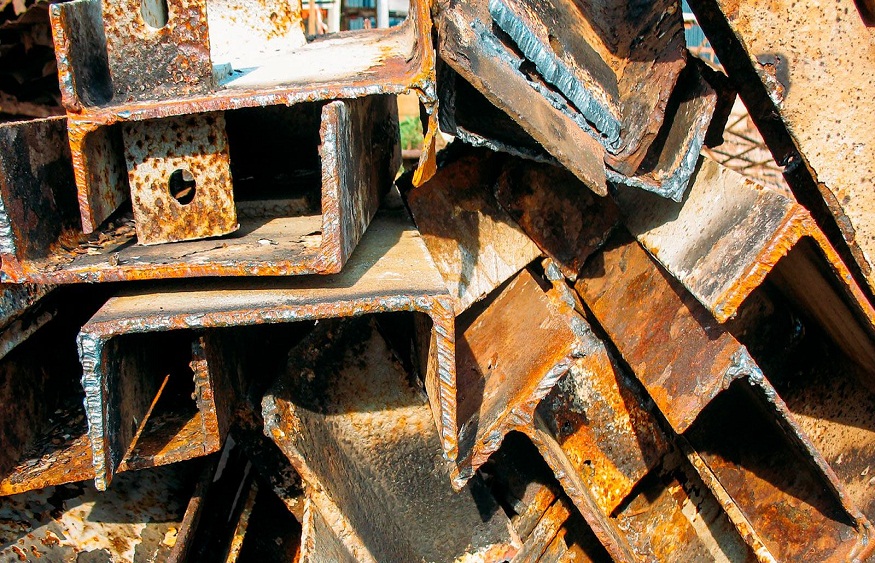Recycling base metals is essential to resource conservation and sustainable waste management. Educational programmes are essential in raising awareness and encouraging involvement in recycling efforts. These programmes seek to educate the public, corporate sector, and local community about the value of recycling metals, including steel, copper, and aluminium, and the advantages it has for the economy and environment. This article will discuss the importance of educational programmes for base metal recycling and their role in raising awareness and participation.
Outreach Programmes for Schools
Education campaigns frequently aim to instil recycling practices in schoolchildren at an early age. Classroom talks, seminars, and hands-on activities are a few examples of school outreach programmes that educate students about the value of recycling, the process of recycling metals, and the environmental advantages of recycling base metals. These programs not only increase awareness but also provide students with the tools they need to take up environmental stewardship in their local communities.
Community Courses and Activities
Residents get the chance to learn about base metal recycling and how they may get involved through community seminars and activities. Demonstrations of recycling, expert Q&A sessions, and practical activities like sorting and processing metals are some examples of these events. Educational activities assist in cultivating a feeling of environmental responsibility and promote active involvement in recycling efforts by means of direct community engagement.
Educational Materials and Online Resources
Online tools and educational materials are essential to reach a larger audience and provide easily accessible information on base metal recycling. Recycling organisations, governmental bodies, and nonprofit organisations frequently make available websites, films, data sheets, and downloadable materials covering subjects like recycling fundamentals, metal identification, and recycling best practices. With the aid of these tools, people and organisations may make knowledgeable decisions regarding waste management and recycling.
Certification and Training in the Industry
Training and certification programmes provide workers in the recycling sector with useful information and abilities to enhance recycling procedures and guarantee legal compliance. Topics, including metal identification, safety protocols, equipment operation, and environmental requirements, may be included in these programmes. Recyclers may increase their professionalism and level of knowledge by investing in certification and training, which will result in more sustainable and effective recycling operations.
Initiatives for Corporate Sustainability
A lot of companies who are committed to environmental responsibility include base metal recycling in their corporate sustainability activities. To encourage recycling knowledge and involvement among employees, these activities might include staff training programmes, recycling competitions, and collaborations with recycling agencies. Businesses may lessen their environmental impact and improve their corporate culture of sustainability by including staff in recycling initiatives.
Campaigns for Public Awareness
Public awareness campaigns motivate people to take action by bringing base metal recycling to their attention. These campaigns may use public events, social media outreach, and advertising to raise awareness of the advantages of recycling and give information on how to become involved. They may also encourage behavioural change towards more sustainable practices and reach a wide audience by utilising a variety of communication platforms.
Conclusion
Education campaigns are essential for raising public knowledge of and involvement in base metal recycling activities. These programmes disseminate important information on the value of recycling, how metals are recycled, and how individuals may get engaged by focusing on companies, communities, schools, and the general public. By promoting recycling and environmental consciousness, educational programmes help create a more sustainable future for future generations.















+ There are no comments
Add yours